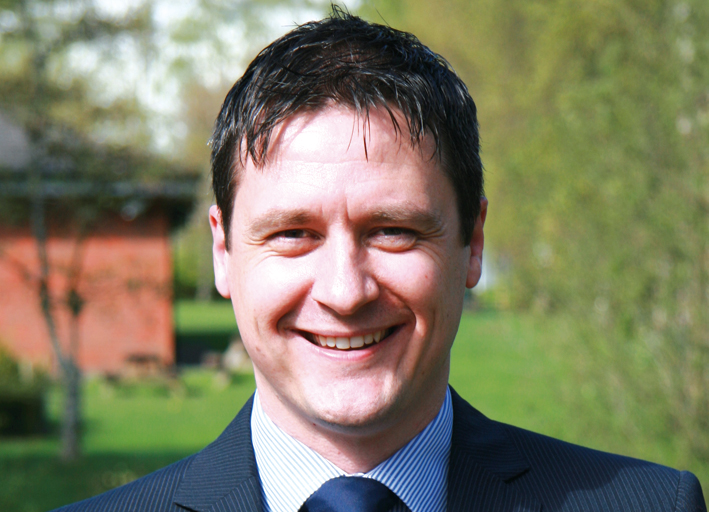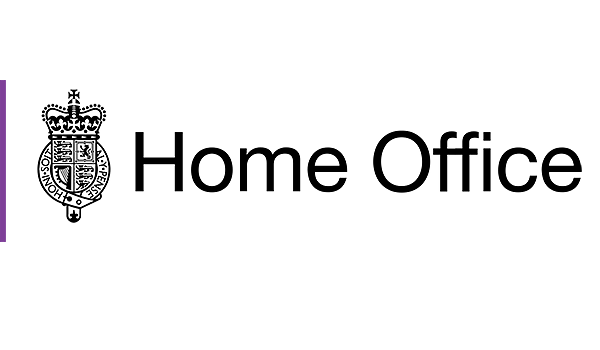Data protection, cloud computing and computer forensics on the agenda
David Smith, the deputy commissioner and director of data protection for
the UK Information Commissioners Office, will discuss the challenges
posed by personal privacy expectations from customers and regulators
and how IT professionals can strengthen public confidence in data
protection in his keynote presentation at ISACAs European Computer
Audit, Control and Security Conference (EuroCACS) on March 20-23 in
Manchester.

David Smith, the deputy commissioner and director of data protection for the UK Information Commissioners Office, will discuss the challenges posed by personal privacy expectations from customers and regulators and how IT professionals can strengthen public confidence in data protection in his keynote presentation at ISACAs European Computer Audit, Control and Security Conference (EuroCACS) on March 20-23 in Manchester.
EuroCACS is an annual event drawing hundreds of global leaders in IT security, assurance and governance. Hosted by ISACA, a non-profit association serving 95,000 IT professionals, the conference will feature 44 sessions divided into 12 streams:
Client computing
Cloud computing and virtualisation
Computer forensics
Governance, risk and compliance
Information architecture
Managing IT investment
Outsourcing
Privacy, information protection and loss prevention
Regulations and compliance
Risk management
Social computing, social networks and human factors
Sustainability
Visit www.isaca.org/eurocacs
Domestic use of aerial drones by police likely to prompt privacy debate
The use of drones as a surveillance tool for US law enforcement could change in the next two years under a Federal Aviation Administration (FAA) proposal.
Currently, the FAA requires the few police departments with drones to receive emergency authorisation to deploy one. By 2013, however, the FAA expects to have formulated new rules to allow police in the US to routinely fly lightweight, unarmed drones up to 400ft above the ground.
The new rules are expected to create some privacy debate over their use. The technology would allow police to record activities on the ground with high-resolution, infrared and thermal-imaging cameras. Police are likely to use drones in tactical operations and to view public spaces.
Only a few law enforcement agencies in the US currently use drones, usually as part of pilot programmes that largely limit their use to training exercises over unpopulated areas. The Texas Department of Public Safety has used drones near its southern border to conduct surveillance of drug and human traffickers.
Infosecurity Europe 2011
Infosecurity Europe, now in its 16th year, will be held on April 19-21 at Earls Court, London.
It features over 300 exhibitors and a free three-day educational programme that addresses both strategic and technical issues in the information security market, drawing on the experience of senior end users, technical experts and real world case studies.
The event brings together the industry`s leading independent experts, government officials and end-users from high-profile corporations in the 2011 keynote programme, that will take an in-depth look at some of the hottest ideas in information security today.
Visit www.infosec.co.uk




